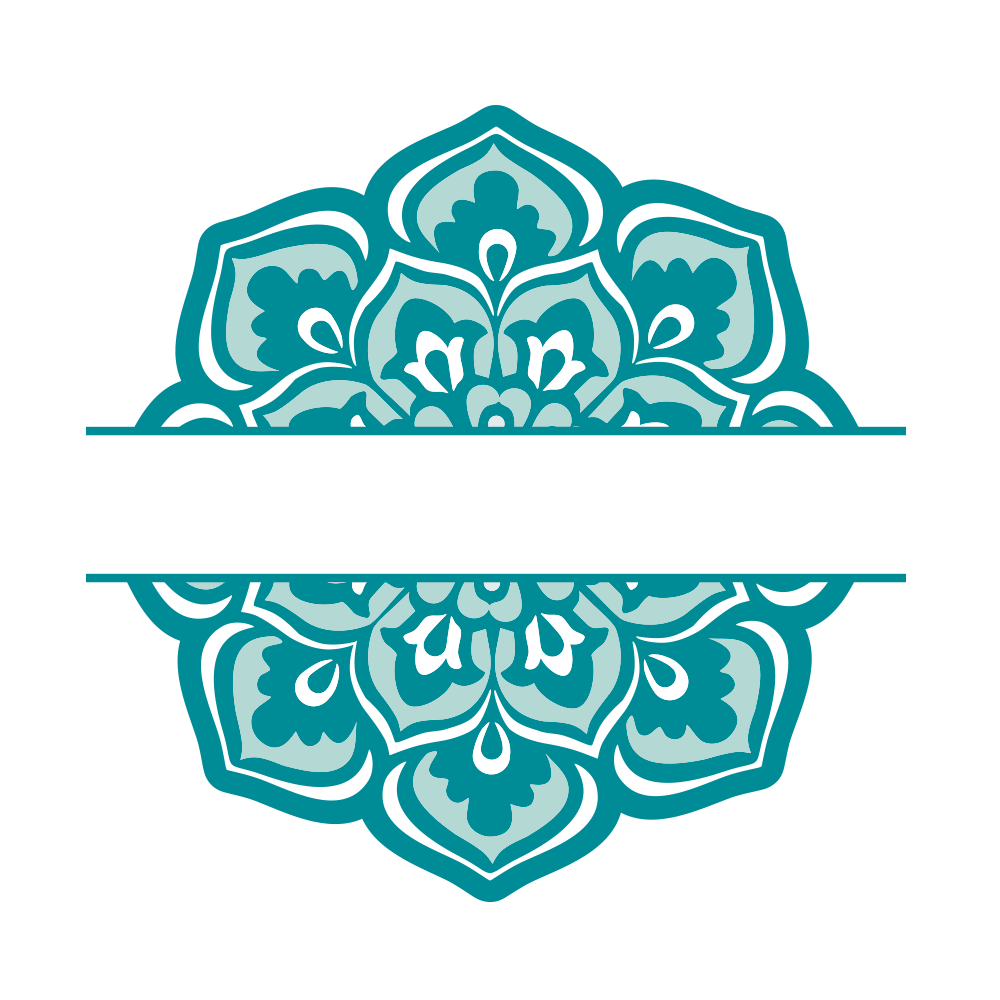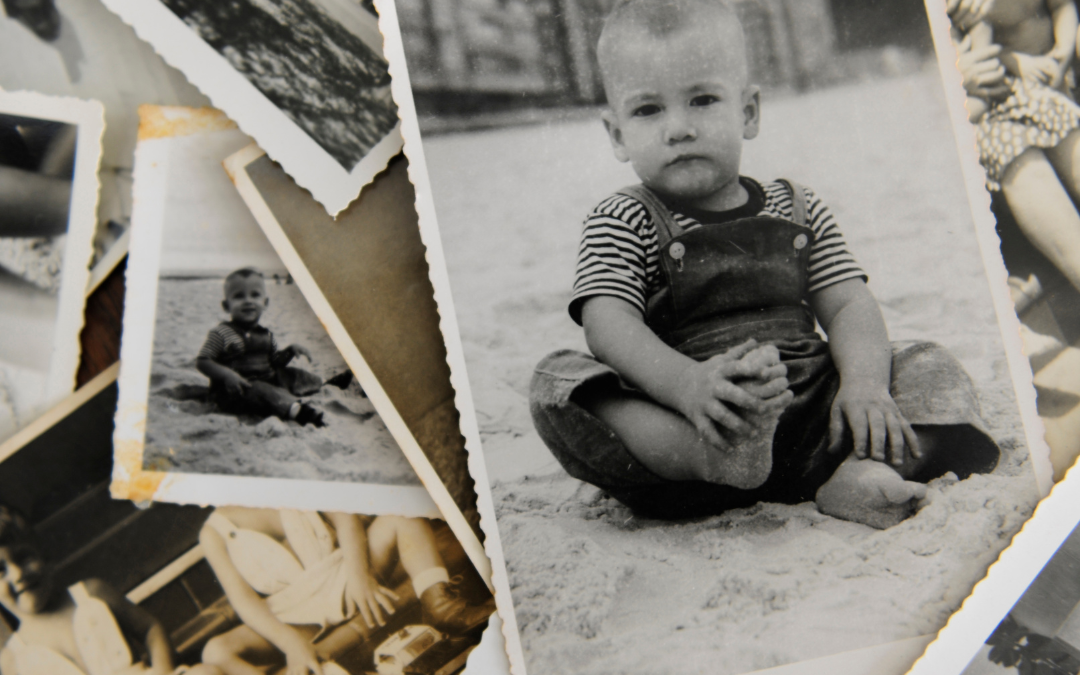Why Am I Unable to Recall My Childhood? Examining How Trauma Affects Memory
For many, childhood memories are vivid and cherished, filled with scenes of laughter and learning. However, some individuals find large portions of their childhood shrouded in fog, their past memories inaccessible or fragmented. This phenomenon often prompts the question: Why can’t I remember my childhood? In many cases, the root cause can be traced back to experiences of trauma. Understanding how trauma affects memory can provide crucial insights into both the nature of memory and the processes of healing.
Understanding the Role of Trauma in Memory Loss
Memory serves as a personal library of our life experiences, but it is not infallible. It is a dynamic and malleable function of the brain, shaped by our emotions, environments, and the events we endure. When trauma enters the equation, particularly during the formative years of childhood, it can significantly distort and disrupt the normal process of memory encoding and recall.
The Mechanisms of Memory Disruption by Trauma
Traumatic events can lead to a psychological phenomenon known as dissociative amnesia, where the mind, in a protective effort, blocks out memories associated with stress or trauma. This is especially prevalent in children, who possess a more plastic neural architecture and less developed coping mechanisms. In essence, children may subconsciously choose to ‘forget’ traumatic experiences as a survival strategy to shield themselves from emotional pain.

Neurological Impact of Trauma
When a person experiences trauma, the brain often goes into a state of heightened alert, prioritizing survival over all else. This response is mediated by a rush of stress hormones like cortisol and adrenaline, which can alter brain function:
- The Amygdala: This area of the brain, responsible for processing emotions, becomes particularly active during traumatic events, heightening emotional responses.
- The Hippocampus: Normally involved in forming and retrieving memories, the hippocampus’s function can be inhibited under extreme stress, leading to fragmented or lost memories.
- The Prefrontal Cortex: This part of the brain is crucial for reasoning and decision-making. Under trauma, its functions can diminish, complicating efforts to process and store memories coherently.
Identifying Signs of Trauma-Related Memory Issues
Not being able to recall certain periods or events from childhood can be disconcerting. Here are signs that trauma might be affecting your memory:
- Significant Memory Gaps: These are extensive periods of time from which no memories arise, or existing memories are vague and incomplete.
- Overreaction to Triggers: Emotional upheavals triggered by specific stimuli (sounds, smells, locations) that seem incongruent with the present situation.
- Behavioural Avoidance: Avoiding situations, locations, or people linked to the forgotten time periods, often subconsciously.
Healing and Recovery: Approaches to Reclaiming Your Memory
Acknowledging the influence of trauma on memory is a critical first step towards recovery. Here’s how healing can be approached:
Effective Therapeutic Approaches
- EMDR (Eye Movement Desensitisation and Reprocessing): This therapy helps diminish the distress associated with traumatic memories through guided eye movements.
- Cognitive Behavioural Therapy (CBT): CBT helps patients identify and change destructive thought patterns and behaviors resulting from traumatic experiences.
- Narrative Therapy: This approach encourages individuals to narrate their traumatic experiences, helping to organize and make sense of those memories.
Embarking on a Journey of Recovery
Healing is fostered in environments where individuals feel safe and supported. Therapy, combined with strong social support from groups or loved ones, creates a nurturing space for individuals to process and discuss their past traumas.
Practices such as yoga, meditation, and somatic experiencing can bridge the gap between mind and body, often disrupted by trauma. These practices help in grounding individuals in the present and can be instrumental in unlocking suppressed memories.
If you’re struggling to understand why parts of your childhood are missing from your memory, consider exploring the possibility of past trauma. While delving into one’s trauma can be daunting, it is also a path toward understanding, healing, and ultimately, empowerment. By addressing these underlying issues, individuals can regain control over their narrative and move forward with greater clarity and resilience.
At [Clinic Name], we are dedicated to supporting you through this journey with compassionate and comprehensive care. If you feel ready to start, our team is here to provide the guidance and support you need.

Navigating Emotions
Understanding and Expanding Your Window of Tolerance In the ever-evolving profession of psychotherapy, it is of the utmost importance to have a solid understanding of how individuals deal with stress and emotional issues. One of the fundamental models that provide...

